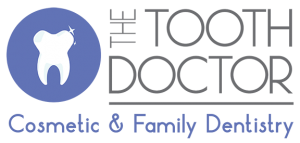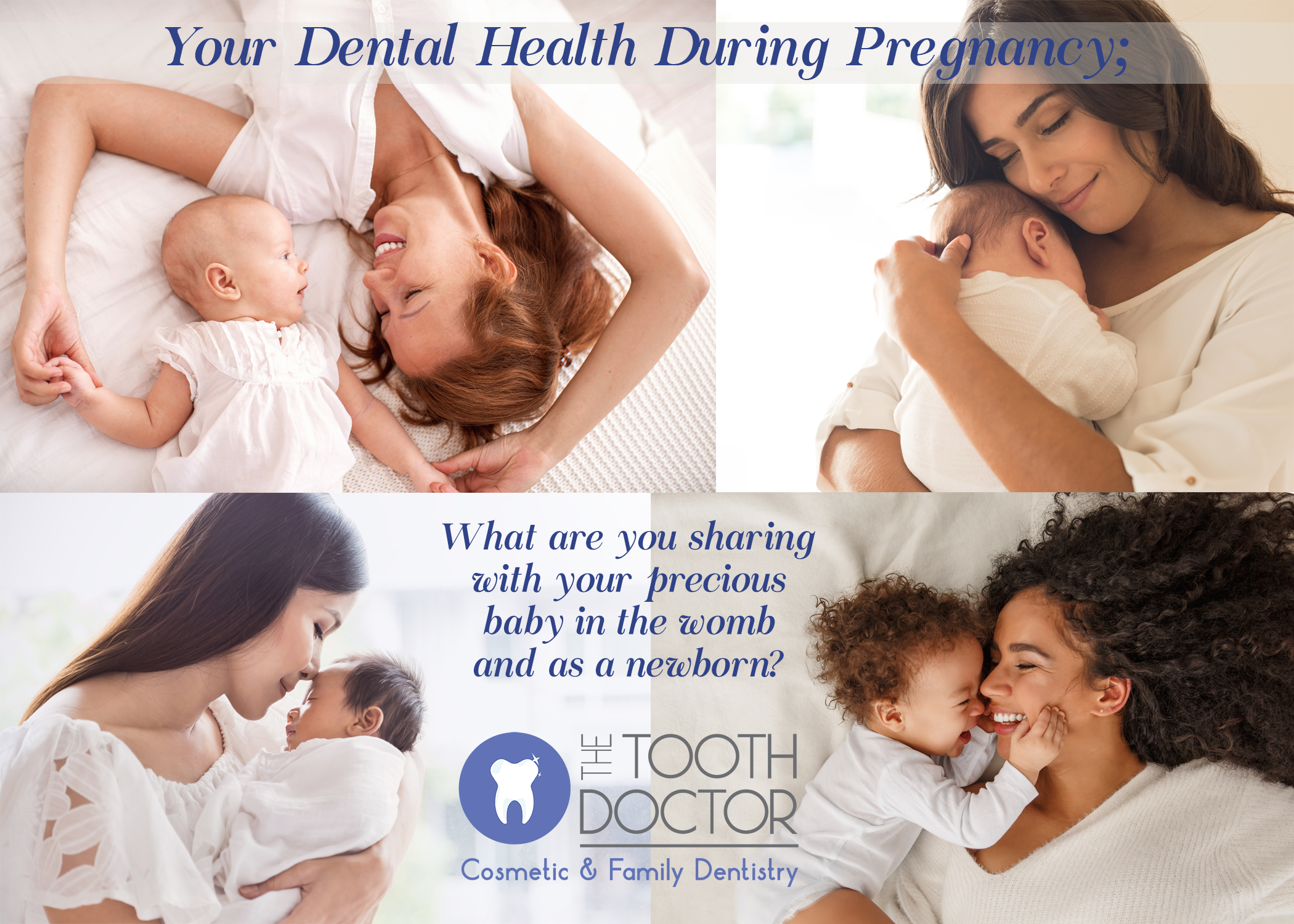During your pregnancy, it is important to avoid gingivitis and gum disease.
Regular and complete oral care during pregnancy is vital to you and for the health of your baby.
Oral health not only affects the health of the mother, but the growth and development of the baby in the womb and his or her health through infancy, childhood, adolescence and adulthood. This relationship is complex and involves a multitude of factors that include genetics, the environment and social practices. Read more about oral health and the importance of regular teeth cleaning appointments here.
There is not much a mother can do with respect to the genetic traits she passes on to her infant, but there is much that can be done to prevent the effects of certain diseases on the current and future health of the developing infant. For instance, studies have shown that hypertension and diabetes in the mother may result in adverse birth outcomes for the child. Likewise, common oral diseases such as gingivitis and periodontitis, for example, have been linked to pre-term birth and low birth weight. These conditions have also been linked to preeclampsia, a complication in pregnancy that puts the health of the mother and baby at risk.
So, what is a prospective mother to do?
It is important for her to follow a daily dental hygiene routine that includes flossing and brushing after meals, but she should also visit her dentist early in the pregnancy to ensure that gum disease is not present or likely to develop. In the very early stages of gum disease, you may notice a little inflammation and bleeding of the gums, and maybe a foul taste in your mouth. This stage is called gingivitis and it’s typically painless, but it’s the first step toward a serious infection, and it’s the only stage of gum disease that is reversible.
It is estimated that from 60 to 75% of women suffer from pregnancy gingivitis.
The next step in the progression is the infection of the gums, periodontal ligaments, and jawbone, which occurs when a build-up of calculus (tartar) breaks the healthy attachment between the teeth and gums. At this point, you start to develop what are called “pockets”. These pockets are a perfect home for bacteria to collect and subsequently, a home for infection. The infection can destroy gum tissue and bone (periodontal disease) and can be passed to the baby through the placenta.
Once gingivitis has progressed to periodontal disease, toxins have begun to cause irreversible damage to the tissue and bone surrounding your teeth. At this stage, symptoms can be treated, but the disease has now progressed to a chronic condition. If it continues to get worse, it’s likely you will lose bone and eventually teeth unless you pursue aggressive treatment.
At any stage of gum disease, the oral microbiome of the mother is altered and toxins can migrate to the placenta where they can negatively influence the baby’s development.
Early after birth, the process continues. It has been shown that the baby’s oral microbiome is partially acquired from his or her mother through a variety of means, therefore, the goal is to pass on to the child a normal and healthful microbiome. Later in a child’s life, mothers continue to influence their children’s oral health through behavior modelling in oral hygiene, regular dental checkups, and appropriate diet.
In summary, a mother’s oral health before, during and after pregnancy influence the oral and general health of her child and the child’s growth and development as he/she progresses to adulthood. Gum disease is best treated when caught early, but early onset of gingivitis is almost always painless, so regular dental check-ups are the key to prevention.
Claudia N, Martinez, DMD, MPH


